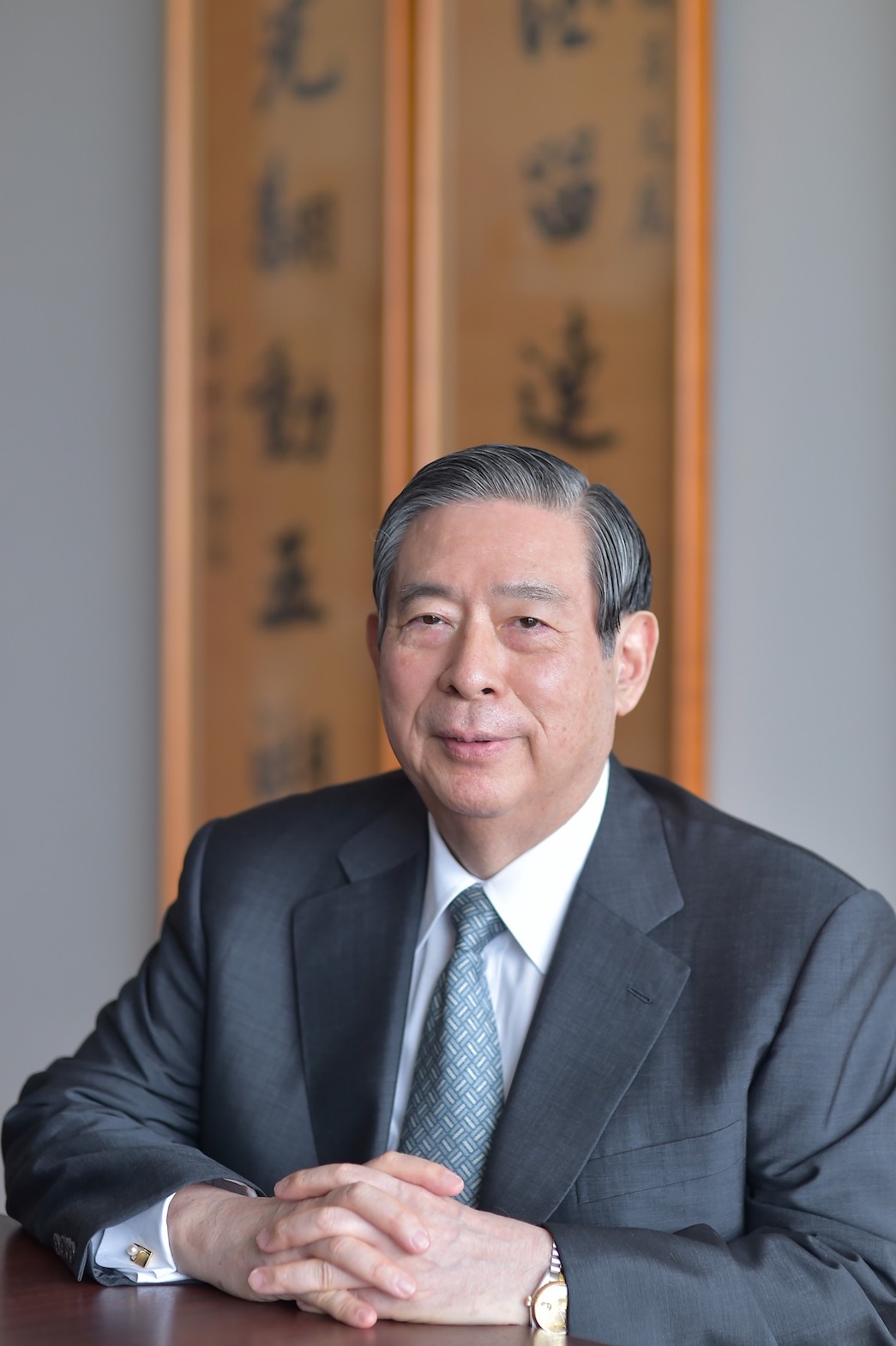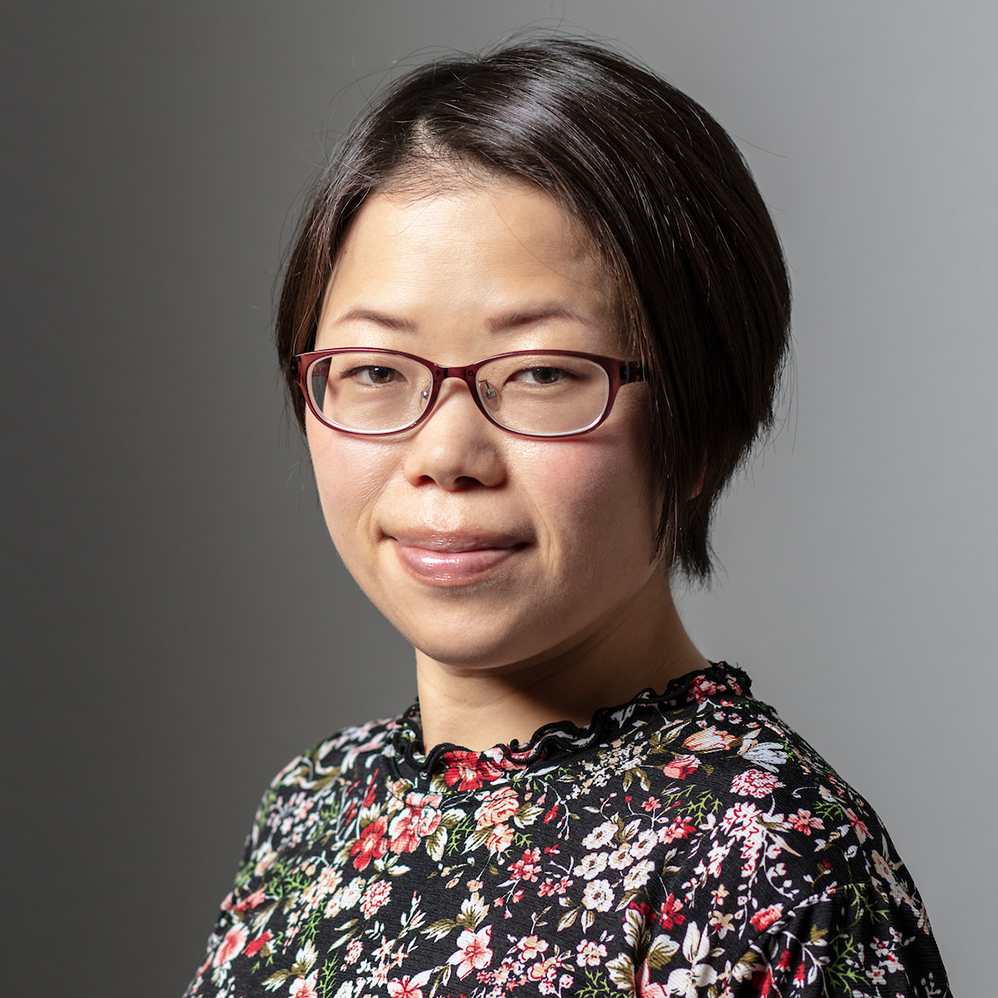
Building a digital assets corridor between Switzerland, Japan and Singapore

Japanese financial services group SBI Holdings (SBIHD) has formed separate partnerships with the Swiss stock exchange and Sygnum bank. Both projects marry Swiss and Asian expertise in emerging financial technologies, such as blockchain-inspired crypto assets.
SBI Digital Asset, a subsidiary of SBIHD, recently announced a joint venture with the Swiss Digital Exchange (SDX) to create a digital assets trading platform in Singapore. The Japanese group is also setting up an investment fund with Swiss digital assets bank Sygnum. The fund hopes to raise of up to $75 million (CHF67 million) and will focus on distributed ledger technology (DLT) infrastructure, decentralised finance and regtech in Europe and Asia.
SBIDH president Yoshitaka Kitao speaks to SWI swissinfo.ch about how Switzerland is a fertile breeding ground for disruptive financial innovation.
SWI swissinfo.ch: Why did you partner with SIX Group (operator of both the forthcoming SDX digital assets exchange and Switzerland’s leading traditional stock exchange)?
Yoshitaka Kitao: SIX Group is one of the leading players in the conventional financial asset exchange business and was one of the first companies to work on the digital asset field. We are also actively applying knowledge of our existing financial business to the field of digital assets, and we determined that potential synergies were high.

swissinfo.ch: The planned launch of the Swiss SDX digital stock exchange has been delayed since mid-2019. What are the biggest hurdles to establishing such an exchange and how will you overcome them in Singapore?
Y.K.: When establishing an exchange, even in the field of traditional assets, there are a number of hurdles to overcome, such as negotiating with the relevant ministries and authorities, technological development, assortment of listed products and ensuring liquidity. Regulatory and legal aspects are often the focus of attention with digital assets, but there also are a number of other challenges.
In Singapore, we want to harness the experience of SIX Group and our company and work together.
swissinfo.ch: Will the Singapore exchange be a competitor to the separate digital stock exchange concept you plan for Osaka?
Y.K.: The digital assets sector is still immature, and we anticipate that there is ample potential for the market to expand rapidly in the future. Having multiple exchanges will not result in a competition for a piece of the pie. Exchanges can coexist and the synergistic effect will increase the points of contact for investment in new asset fields and expand the entire market. We believe that by establishing a corridor between Switzerland, Singapore and Osaka we will be able to deliver a wide range of cross-border liquidities to our customers.
Yoshitaka Kitao
Yoshitaka Kitao began his career at Nomura Securities in 1974 before being headhunted by Masayoshi Son, President of the Softbank Group, to join the company in 1995. He became President and CEO of Softbank Investment in 1999. Softbank Group sold its interest in the subsidiary in 2006 and the independent group is now known as SBI Holdings.
Kitao is known as one of the leading lights of the Japanese financial world and focused on blockchain technology at an early stage. In 2019 he launched the Japan STO AssociationExternal link, a group of financial and fintech companies, and became its representative director. He has also been involved in the reform of regional banks in Japan.
swissinfo.ch: Are you thinking of partnering with more Swiss companies in the future?
Y.K.: We have always collaborated and cooperated with the top players in various businesses. We do take regional strategy and balance into account. Early on, the Swiss authorities took a positive stance in the field of digital assets and Swiss companies have developed operations and technologies that are attractive to us. The Swiss market will continue to be promising, but first we would like to deepen our cooperation with Sygnum and SIX and formulate a business strategy.
swissinfo.ch: How do you judge Switzerland’s position among developed blockchain countries in the world?
Y.K.: Switzerland is one of the world’s leading financial centres with long established regulations and laws. The country has responded positively to the virtual, crypto, and digital sectors, recognising digital assets at an early stage and adapting existing financial laws. As a result, there are many active fintech companies. Japan is also making progress, for example by applying the Financial Instruments and Exchange Act. In Hong Kong and the United States at present, political uncertainties are linked to uncertainties in laws and regulations.
swissinfo.ch: Is there anything you can learn from Switzerland about regulations for cryptocurrency assets, blockchains and Security Token Offerings (STOs)?
Y.K.: We believe there is much to be learned from not treating digital assets as eccentric objects, but treating them as a new financial asset class, and responding by adapting existing financial regulations.
swissinfo.ch: How do you think the crypto asset industry will grow in 5 to 10 years? For example, will Facebook’s virtual currency project ‘Diem’ and Central Bank Digital Currency (CBDC) projects be realised?
Y.K.: Blockchain is regarded as a technological breakthrough that only occurs once every few decades, and we believe that the flow of innovation brought about by this new technology will not stop. Regarding individual projects such as central bank digital currency, there will be differences in the penetration speed based on circumstances in each country. Technically speaking, regional digital currencies have already been implemented, so we expect the general theme to progress.
swissinfo.ch: What will separate the countries that successfully make the digital leap compared to those that will be left behind?
Y.K.: There are various factors such as the political system, the tax system, the stability of regulations, the existence of practical infrastructure necessary for financial centres, the depth of human resources pools and so on. Both Switzerland and Japan already have a track record as traditional financial centres. They are actively responding to digital assets, so we think they will remain on the winning side.

In compliance with the JTI standards
More: SWI swissinfo.ch certified by the Journalism Trust Initiative
















![The four-metre-long painting "Sonntag der Bergbauern" [Sunday of the Mountain Farmers, 1923-24/26] had to be removed by a crane from the German Chancellery in Berlin for the exhibition in Bern.](https://www.swissinfo.ch/content/wp-content/uploads/sites/13/2025/12/01_Pressebild_KirchnerxKirchner.jpg?ver=cb688ed5)















You can find an overview of ongoing debates with our journalists here . Please join us!
If you want to start a conversation about a topic raised in this article or want to report factual errors, email us at english@swissinfo.ch.